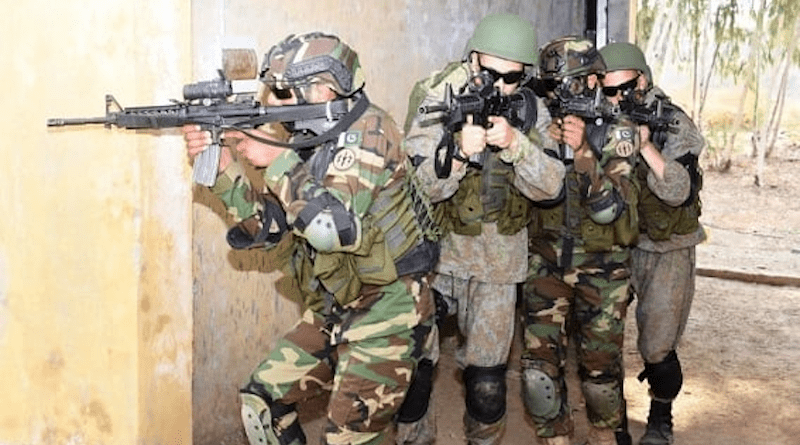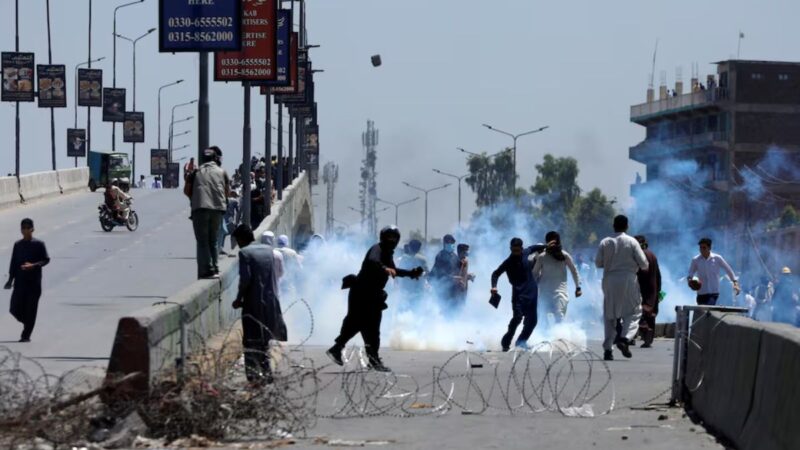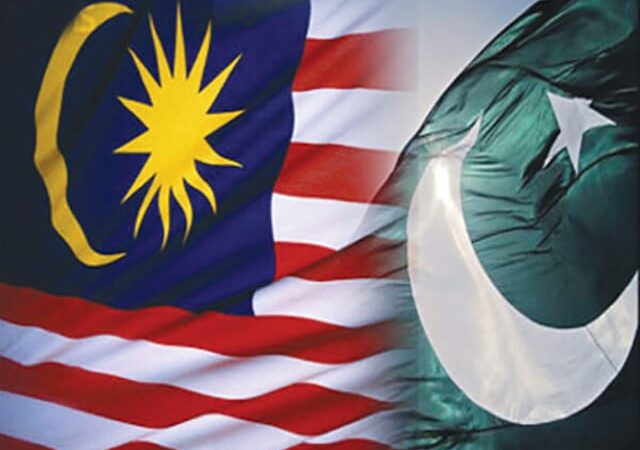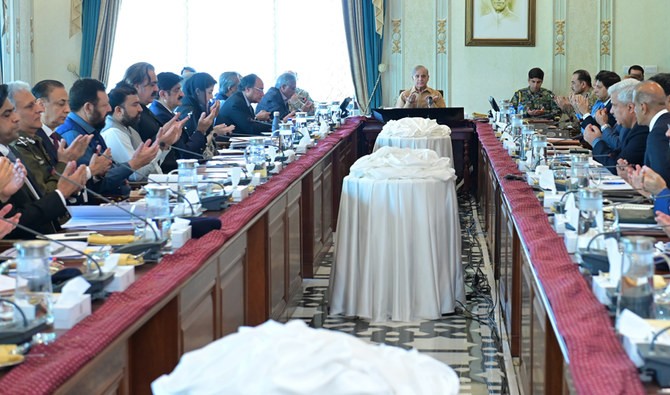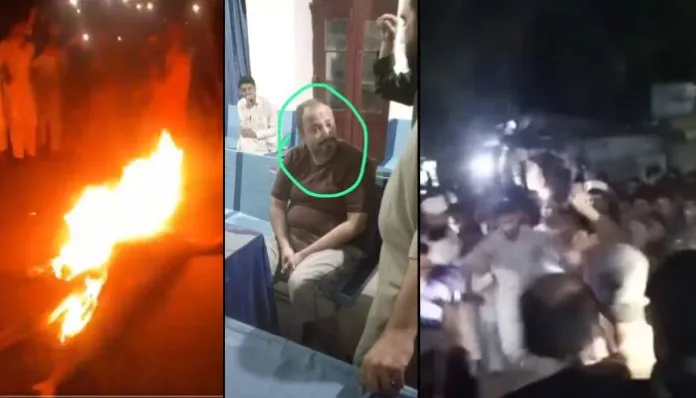Pakistan’s December Discourse On Terror Reflects Grim Reality

Come December, Pakistan goes into its annual rumination over terrorism. The ground situation is not just grim, but alarming and the country, despite its protestations and even claims of being its ‘victim’, has found no lasting solution.
Each December since 2014 has been a reminder of the terror attack by armed men on the Army Public School (APS) in Peshawar on December 16 that year. Over 140, mostly students and teachers were gunned down that day by attackers. Bullets were sprayed on them even as they tried to hide under the desks and benches. The proscribed Tehreek-e-Taliban Pakistan (TTP) claimed responsibility saying that it was “an act of retaliation” against the security forces’ operations. The TTP has since turned more resolute and more violent killing over 80,000 persons as per official estimates.
The incident brought together, for a change, the army and a vacillating political class under the then Prime Minister Nawaz Sharif. The army launched the “Zarb-e-Azb” operation to vacate the tribal areas on the border with Afghanistan of the Islamist radicals. Having cleared the area by pushing them out, the army claimed it had eliminated militancy. But actually, the TTP fighters escaped into Afghanistan. Some 30,0000 to 40,000 families, as per a claim by former Prime Minister Imran Khan live on Afghan soil.
The army-propped Khan undid much work that his benefactors had done by reviving the carrot-and-stick policy where the carrot dominated the stick. Himself a sympathiser of the militants (former military dictator Pervez Musharraf would call him ‘Taliban Khan”) Khan favoured talks – although he was not the first or the only one. Prolonged talks have led to the cease-fire pacts that have been unilaterally ended by the TTP.
Khan’s four-year rule saw a rise in militancy. It is no longer confined to the tribal areas and has spread to the entire Af-Pak border belt and into the interiors. The new areas include Gilgit-Baltistan and Pakistan-controlled Kashmir. This has also given fillip to the Balochs, taking it up to Gwadar port in the south. Both ‘nationalists’ and those dubbed ‘separatists’ agree on opposing the China-Pakistan Economic Corridor (CPEC) which they claim deprives them of jobs and their share in Balochistan’s resources.
Pakistan’s fight against terrorism has been badly botched with the Taliban regime in Kabul which it helped return to power in August 2021, has refused to cooperate and evict the TTP, their ideological brethren and benefactors. Bilateral relations have soured and were further complicated by Pakistan evicting over 300,000 Afghans from its soil, alleging that they included those engaged in terrorism, in effect, helping the TTP. The global concern has been enhanced by the complicated entry of the Islamic State (IS) that has relocated from Syria. To return to the APS ‘anniversary’ that took place last Sunday, more schools, especially those of girls, have been attacked. As for the situation on terrorism, a report recently released by the Islamabad-based Centre for Research and Security Studies (CRSS) reveals a staggering 57 per cent escalation in militant violence nationwide during the July-September quarter of this year. The final figure is likely to be higher with blood bath in Mastung in October and this month, 25 soldiers were killed in operations, killing 27 militants, in Dera Ismail Khan in Khyber Pakhtunkhwa on a single day.

